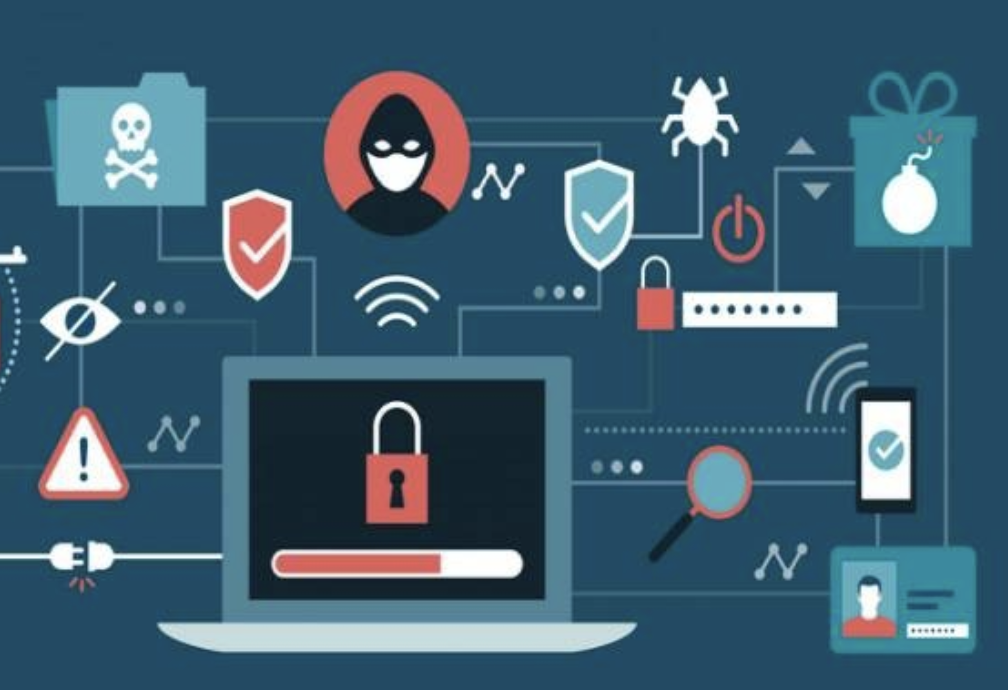Navigating the Cybersecurity Landscape of EV Chargers: Safeguarding Customer Data
Understanding the Risks and Implications of Data Breaches in the Electric Vehicle Charging Industry
As the world transitions towards sustainable transportation, the proliferation of electric vehicles (EVs) brings with it a new set of cybersecurity challenges. Among these challenges is the vulnerability of EV chargers to cyber attacks, as well as the risks associated with data breaches that compromise sensitive customer information. In this article, we explore the cybersecurity risks of EV chargers and the potential consequences of data breaches for both customers and installers.
Understanding Cybersecurity Risks in EV Chargers
EV chargers, whether installed in homes, businesses, or public spaces, rely on digital technology and connectivity to function efficiently. However, this interconnectedness also exposes EV chargers to cybersecurity threats, including:
- Malware and Ransomware: Cybercriminals may exploit vulnerabilities in EV charger software to deploy malware or ransomware, compromising charger functionality and potentially disrupting charging operations.
- Data Interception: Information transmitted between EV chargers and associated systems, such as mobile apps or charging networks, could be intercepted by cyber attackers, leading to unauthorized access or manipulation of data.
- Physical Tampering: EV chargers installed in public spaces are susceptible to physical tampering, such as the installation of skimming devices or malicious hardware modifications, which could compromise user data and charger functionality.
- Remote Hacking: With the increasing integration of IoT (Internet of Things) technology in EV chargers, cyber attackers may exploit security weaknesses to gain remote access and control over chargers, posing risks to user privacy and safety.
The Risks of Data Breaches for EV Charger Installers
In addition to the cybersecurity risks inherent in EV chargers themselves, installers face significant vulnerabilities in safeguarding customer data. A recent Qmerit data breach compromising customer information, such as invoices containing names, physical addresses, and pictures of their homes, poses several potential risks. We are not saying Qmerit’s customers are at risk, but only highlighting the risks of a general data breach.
- Identity Theft: Customer information exposed in a data breach could be used by cybercriminals for identity theft, fraudulent activities, or targeted phishing attacks, compromising the financial and personal security of affected individuals.
- Privacy Invasion: The exposure of personal data, including images of customers’ homes, constitutes a significant invasion of privacy, leading to feelings of vulnerability and distrust among customers.
- Reputational Damage: A data breach can tarnish the reputation of EV charger installers, eroding customer trust and confidence in their services. This may result in loss of business, negative publicity, and long-term repercussions for the installer’s brand image.
- Regulatory Non-Compliance: Depending on the jurisdiction, data breaches involving customer information may violate data protection laws and regulations, exposing installers to legal liabilities, fines, and penalties for non-compliance.
Mitigating Cybersecurity Risks in EV Charging
To mitigate cybersecurity risks in the EV charging industry, both manufacturers and installers must prioritize the implementation of robust security measures, including:
- Regular software updates and patch management to address vulnerabilities and strengthen defenses against cyber threats.
- Encryption of data transmitted between EV chargers and associated systems to protect against interception and unauthorized access.
- Implementation of access controls and authentication mechanisms to prevent unauthorized tampering or manipulation of EV charger settings.
- Employee training and awareness programs to educate staff about cybersecurity best practices and the importance of safeguarding customer data.
In conclusion, as the adoption of electric vehicles and EV charging infrastructure continues to grow, it is imperative for stakeholders in the industry to address cybersecurity risks proactively. By implementing robust security measures and adhering to best practices for data protection, EV charger installers can mitigate the risks of data breaches and safeguard the privacy and security of their customers’ information.




